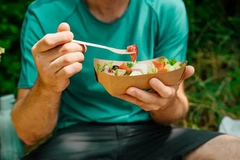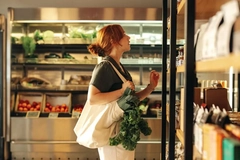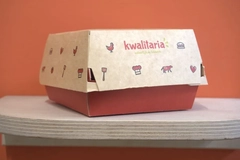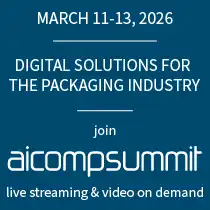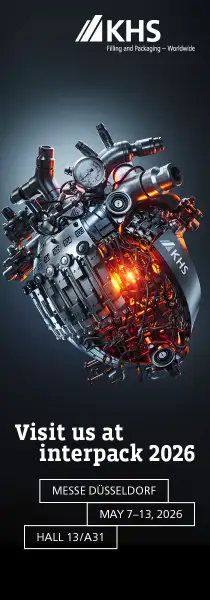Lucro forges plastic recycling partnership with Indian burger chain in QSR circularity push
13 Mar 2024 --- Waste management, recycling and manufacturing brand Lucro is collaborating with Good Flippin’ Burgers for the collection and recycling of used water bottles from the burger chain’s outlets in India.
“There have been plenty of positive developments in the Indian recycling infrastructure and practices, partly due to an increased push by the Indian government that has introduced several initiatives to promote recycling,” a Lucro spokesperson tells Packaging Insights.
“The most recent Extended Producer Responsibility policy guidelines released by the government not only holds producers responsible for managing their products’ waste, it also makes it compulsory for brands to use a percentage of recycled plastic in their packaging (for non-food applications). This has been defined separately for rigid, flexible and compostable.”
A push by India’s government on the initiative of Swachh Bharat Abhiyan (translating to Clean India Campaign) has driven awareness among consumers and businesses regarding the importance of recycling and waste management.
“The informal recycling sector, comprising waste pickers and small-scale recyclers, continues to play a significant role in the recycling ecosystem, contributing to waste collection and recycling efforts,” continues the spokesperson.
 Lucro hand-sorts plastic bottles collected from various Good Flippin’ Burgers outlets.“Infrastructure development and capacity building to meet demand remains deficient, primarily attributable to inadequate access to funding. Misunderstanding the complexities of the waste management sector further exacerbates this funding shortfall.”
Lucro hand-sorts plastic bottles collected from various Good Flippin’ Burgers outlets.“Infrastructure development and capacity building to meet demand remains deficient, primarily attributable to inadequate access to funding. Misunderstanding the complexities of the waste management sector further exacerbates this funding shortfall.”
Swift collection and processing
The foodservice partnership’s approach to recycling involves an “integrated and streamlined” process. Once the Good Flippin’ Burgers storage reaches capacity, a team from Lucro collects the bottles from various locations, ensuring a “swift and efficient” recycling process.
Since the inception of the collaboration, over 30,000 bottles have been collected for recycling, contributing significantly to the reduction of environmental impact.
Diverting this plastic from its end-of-life fate has led to a CO2 emissions’ reduction of approximately 993 kg, according to the partners.
“The level of active engagement among communities in recycling varies across India, with certain states exhibiting stronger initiatives compared to others. This is mostly because: Waste is managed by the local state government,” the spokesperson tells us.
“In recent years, there has been a growing awareness of the importance of recycling and waste management practices among Indian communities, driven by environmental concerns and government initiatives.”
A number of cities have shown “remarkable” progress in implementing recycling programs and fostering community participation, adds the spokesperson. “These cities have established robust waste segregation systems, incentivized recycling efforts and engaged with residents through awareness campaigns and community outreach programs.”
“However, challenges persist in many other cities and regions across India, where infrastructure for waste management and recycling is inadequate, and awareness levels among residents may be lower. Lack of proper segregation practices, limited access to recycling facilities are some of the hurdles faced by communities in these areas.”
Lucro’s solutions portfolio
Established in 2012, Lucro has developed a solutions range that includes shrink wraps that use up to 70% recycled post-consumer waste, stretch wraps that use up to 30% recycled post-consumer waste.
The company also supplies polybags and other secondary packaging that use up to 80% recycled post-consumer waste, as well as recycled high-density PE for primary packaging in bottles.
“All of the collection, sorting, washing, recycling and processing of the final product happens in-house at Lucro. We own the entire waste management supply chain,” the spokesperson says.
“We are already working on a circular loop model with several brands,” they note. “For example, we work with Mercedes in India, wherein we buy waste from their outlets in India and this waste is converted into car seats and seat accessory covers.
“We are talking to several FMCG’s in India on reverse logistics models, which will help us collect waste that goes into making secondary packaging for them.”
By Benjamin Ferrer

